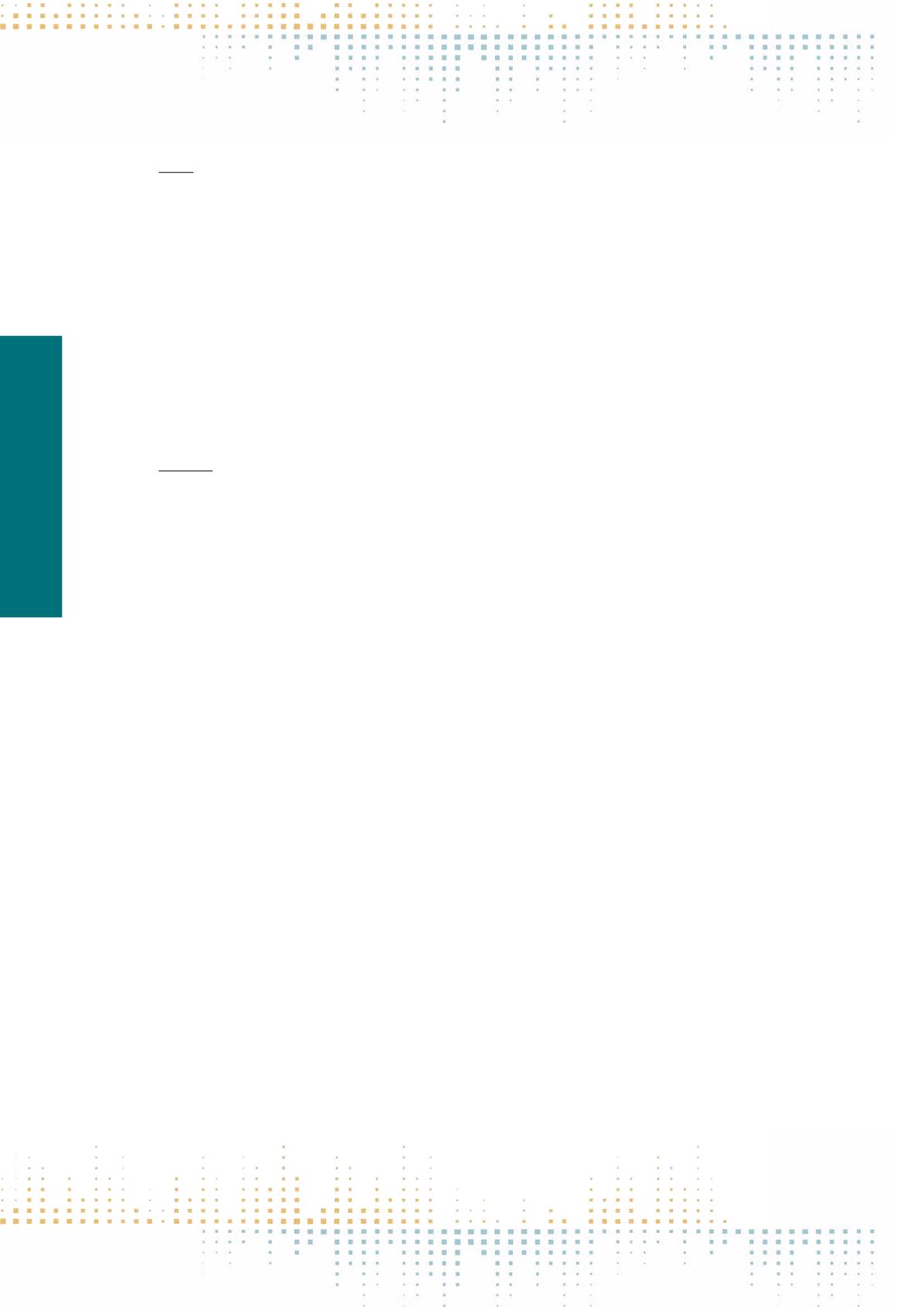

610
Thursday, November 10
1 6 : 3 0 – 1 8 : 0 0
PN 144
The Role of National Media in Building a Narrative of De-Europeanization
L. Radu
1
, A. Bârgăoanu
2
1
The National University of Political Science and Public Administration, Bucharest, Romania
2
National University of Political Studies and Public Administration, Bucharest, Romania
Growing Euroscepticism has been repeatedly documented by research carried out around referenda on different EU topics and, also, in the context of Eu‑
ropean elections (see, for example, Shuck and de Vreese, 2006; de Vreese and Tobiasen, 2007; Elgun and Tillman, 2007). The “crisis of the European Union”
(Habermas, 2012) has unequivocally deepened the gap between the EU and its citizens “mainly by way of national governments” (Armingeon and Ceka,
2013), which reveals that the national context significantly shapes citizens’attitudes towards the EU. Nowadays, the controversial “Refugees Crisis”seems
to further fuel citizens’anti-European feelings, illustrating nothing but what research has already proven – that negative attitudes towards others (due to
racial, national and religious differences) are strong predictors of Euroscepticism (Christin and Trechsel, 2002; Elgun and Tillman, 2007; McLaren, 2007; De
Vries and van Keerbergen, 2007; van Spanje and de Vreese, 2011). In this context, we might witness a phenomenon of ”de-europeanization”of the national
arenas, with a long-term negative impact on the European project at such. Building on H.-J.Trenz’s narratives of Europeanization – as variants of affirmation
or disruption, and the extraordinary and the ordinary, respectively - our paper aims to identify and analyze the key narratives of Europeanization employed
by the media in the context of the refugees crisis. We hypothesize that, under the pressure of populism, political actors and national media are currently
builing a de-europeanization rhetoric, with serious – yet difficult to quantify – consequences.
PN 145
Representations of Europe in Online Media Discourse About Migration. A Comparative Approach
O. Ștefăniță
1
, D.,B.,R.(. Oprea
1
1
The National University of Political Science and Public Administration, Bucharest, Romania
Contemporary Europe struggles with an entire set of economic, political or social crises. Although the migrant crisis seems the latest to step in, it might be
considered a turning point in the European project’s evolution, redefining its very basis and challenging its very existence.The migrant crisis has been largely
covered by the online media from all the European countries. The online media coverage oscillates between emotional approach and relevant analyses. It
emphasizes both the humanitarian challenge and the social and political consequences this unprecedented migrant wave will have especially at the level
of the European Union. In this context, our interest is to question the way Europe (specifically, both the European continent and the European Union) is
represented in the online media discourse about migration. Thus, we propose a comparative approach, focusing on a corpus of online media articles from
France (Le Monde) and Romania (Adevarul). Our paper stems from the LEMEL (L’Europe dans les médias en ligne) international research project, whose aim
is to compare the representations of Europe in the online media from eight European countries. Within this project, the abovementioned online journals
have been monitored during one month, i.e. from 19
th
October to 16
th
November 2015. Particularly drawing on critical discourse analysis (Fairclough, 1989;
Wodak, 1989; Van Dijk, 1991), we want to advance a two-step qualitative analysis. First, we propose a textual analysis of the selected corpus of articles.
From this point of view, our objective is three-fold: a) to find out the main themes in relation with Europe; b) to identify the particular perspectives from
which they are represented; c) to identify the main actions/objects/characteristics Europe is associated with. Second, we rely on critical discourse analysis,
seeking to question the main ideologies and attitudes towards Europe. Main findings show that the representations of Europe vary from the promised land
(coveted by the people outside its borders, or, in the case of the European Union, by the nationals of less economically developed member states) to the bad
mother (dismissed as such by the same categories of people, who, once their goal reached, discover that the promised land is anything but the ideal space
they represented). Moreover, the attitudes towards Europe are ranging from positive (i.e., the wishful attitude of the immigrants to reach its shores or that
of the people from Eastern European countries who desire to move to theWestern ones in search for a better life) to negative (i.e., the attitude of the wealthy
countries’ representatives, giving a side glance at the European leaders’ decisions). Finally, by means of this comparative approach, we also want to find
an answer regarding the concept of European homogeneity. More specifically, we are particularly interested in discovering if a) Europe and the European
Union are represented from the same point of view and/or b) online media cover the migrant crisis from mainly European or national perspectives.



















